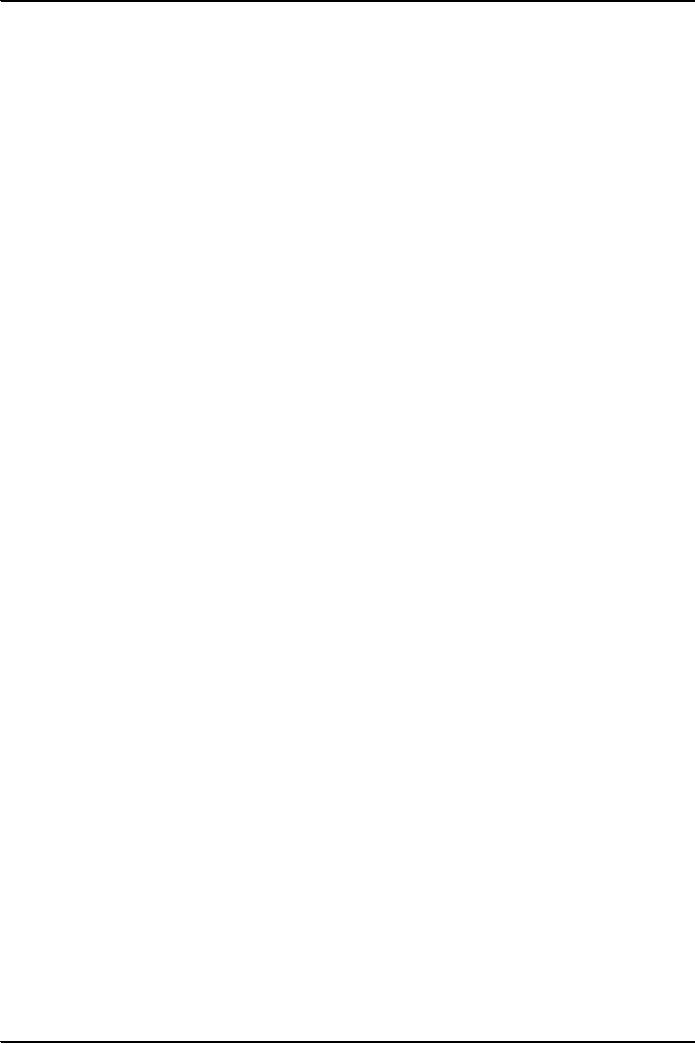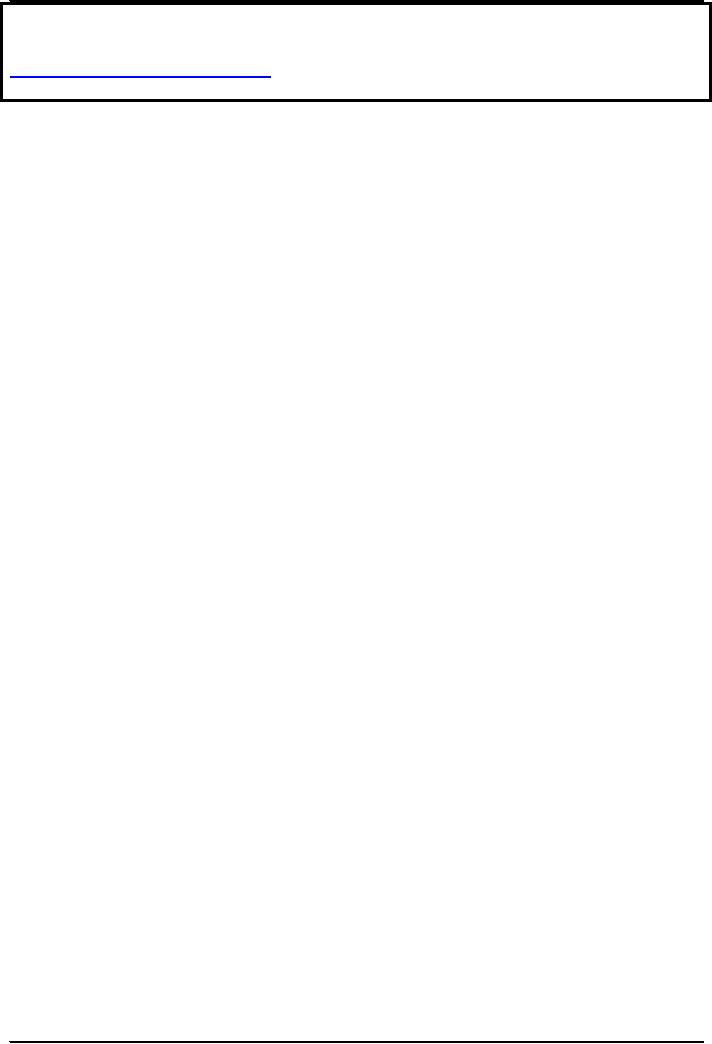 |
LIBERALISM AND SOCIAL DEMOCRACY:Neoliberalism |
| << SYSTEMS BASED APPROACH (CONTINUED) – DISTINCT SYSTEMS IN IR |
| LIBERALISM AND SOCIAL DEMOCRACY (CONTINUED):Liberalism vs. Social Democracy >> |

International
Relations-PSC 201
VU
LESSON
34
LIBERALISM
AND SOCIAL DEMOCRACY
Defining
Liberalism
Liberalism
clusters several historical and
present-day ideologies claiming that
defense of individual liberty
is
the
most basic purpose of
government.
Since
WW II, liberalism and its many
offshoots have become
prominent schools of thought in the
west and
in
increasingly large sphere of
economies and societies influenced by
them.
Liberalism
typically favors the right to dissent
from orthodox tenets or
established authorities in political
or
religious
matters. In this respect, it is sometimes
held in contrast to conservatism.
Since
liberalism focuses on the ability of
individuals to structure society, it is
opposed to totalitarianism and
collectivitis
ideologies like
communism.
The
word "liberal" derives from
the Latin "liber"
("free").
Liberals of all shades tend to value
freedom
instead
of government control.
Some
adherents of liberalism sympathize with
some of the aims and methods
of social democracy
arguing
that
the government should provide some form
of health services and basic
education for which taxation
is
needed.
Since
liberalism is broad, and generally
pragmatic in its orientation,
there is no hard and fast
list of policy
prescriptions
which can be universally assumed to be
"liberal".
In
some circumstances there
will be tax increases, in others tax
decreases. In some cases
there will be the
creation
of a quasi-public entity to perform a
function, in other cases
privatization or the creation of a
government
program.
The
ideas of universal human rights,
transparency of government, popular sovereignty,
national self-
determination,
the rule of law, fundamental equality are often
linked to the more obvious
liberal principles
of
notion of private property,
non-interference of state in economic
processes, although there is a wide
gap
between
statements and
reality.
Neoliberalism
Neoliberalism
is an economic ideology rather than a
broader political ideology . The
swing away from
government
action in the 1970s led to the introduction of this
term, which refers to a program of
reducing
trade
barriers and internal market
restrictions as a way towards a
more free market capitalist
system.
Neoliberalism
accepts some government involvement in
the economy, particularly the need for a
central
bank
and national defense, but it
seeks to reduce government regulation as
much as possible.
While
neoliberalism is sometimes described as
overlapping with Thatcherism,
many prominent
economists
and
institutions, like the World Bank
are influenced by the "neoliberal"
philosophy.
This
economic agenda is not
necessarily combined with a liberal
agenda in politics. An extreme example
was
the
Pinochet regime in Chile, but even the US
President Regan was being
neo-liberal.
Neoliberals
support big business and
try to promote it as a sure
route to economic growth and
`trickling
down'
economic prosperity.
Relevant
Vocabulary
Notion
idea
Regulation
- to
guide
Route
way or means
Overlapping
cutting across

International
Relations-PSC 201
VU
Suggested
Readings
Students
are advised to read the
following to develop a better understanding of the
various principals
highlighted
in this hand-out:
http://en.wikipedia.org/wiki/Liberalism
Table of Contents:
- WHAT IS INTERNATIONAL RELATIONS AND WHAT IS ITS RELEVANCE?
- APPROACHES TO INTERNATIONAL RELATIONS: THEORIES IN IR
- APPROACHES TO INTERNATIONAL RELATIONS:Traditional Approach
- THE NATION-STATE SYSTEM:Further Evolution of Nation-State
- THE NATION STATE SYSTEM: BASIC FEATURES OF A NATION-STATE
- NATIONAL INTEREST:Criteria for Defining National Interest
- NATIONAL INTEREST:Variations in National Interest, Relevant Vocabulary
- BALANCE OF POWER (BOP):BoP from a historical perspective
- BALANCE OF POWER (CONTINUED):Degree of Polarization, Functions of BoP
- DIPLOMACY:How Diplomacy Functions, Traditional Versus Modern Diplomacy
- DIPLOMACY (CONTINUED):Diplomatic Procedures & Practices, Functions of Diplomacy
- COLONIALISM, NEO-COLONIALISM & IMPERIALISM:Judging Colonization
- COLONIALISM, NEO-COLONIALISM & IMPERIALISM:Types of Neo-Colonialism
- COLONIALISM, NEO-COLONIALISM & IMPERIALISM:Objectives of Imperialism
- NEW INTERNATIONAL ECONOMIC ORDER:Criticism of IEO, NIEO Activities
- NEW INTERNATIONAL ECONOMIC ORDER:Prerequisites for the NIEO
- NON-ALIGNMENT MOVEMENT:Origin of NAM, NAM’s Institutional Structure
- NON-ALIGNMENT MOVEMENT (CONTINUED):Cairo Summit, Egypt - 1964
- NON-ALIGNMENT MOVEMENT:Criticism of NAM, NAM and Pakistan
- THE COLD WAR AND ITS IMPACTS - INTRODUCING THE COLD WAR PHENOMENON
- THE COLD WAR AND ITS IMPACTS (CONTINUED):Truman Doctrine, Marshal Plan
- THE COLD WAR AND ITS IMPACTS (CONTINUED):End of the Cold War
- DISARMAMENT AND ARMS CONTROL:History of Disarmament
- DISARMAMENT AND ARMS CONTROL (CONTINUED):Other Disarmament Efforts
- THE RELEVANCE OF INTERNATIONAL LAW IN INTERNATIONAL RELATIONS
- THE RELEVANCE OF INTERNATIONAL LAW IN INTERNATIONAL RELATIONS (CONTINUED)
- INTERNATIONAL ORGANIZATIONS:Need for IGOs, Categorizing IGOs
- INTERNATIONAL ORGANIZATIONS (CONTINUED):United Nations, Criticism of the UN
- INTERNATIONAL ORGANIZATIONS (CONTINUED):European Union, World Bank
- THE ROLE OF DECISION MAKING IN INTERNATIONAL RELATIONS
- DECISION MAKING (CONTINUED):Rational Actor Model, Group Politics Model
- SYSTEMS APPROACH TO IR:Underlying Assumptions, Elements of the System
- SYSTEMS BASED APPROACH (CONTINUED) – DISTINCT SYSTEMS IN IR
- LIBERALISM AND SOCIAL DEMOCRACY:Neoliberalism
- LIBERALISM AND SOCIAL DEMOCRACY (CONTINUED):Liberalism vs. Social Democracy
- INTEGRATION IN IR:Preconditions for Integration, Assessing Integration
- GLOBALIZATION AND ITS IMPLICATIONS:Advocates of Globalization
- THE GLOBAL DIVIDE:World Social Forum, Can the Global Divide Be Bridged?
- FOCUS ON FOREIGN INVESTMENTS:Pro-poor Foreign Investments
- CONFLICT AND CONFLICT RESOLUTION:Components of a Conflict
- CONFLICT RESOLUTION:Creative response, Appropriate assertiveness
- THE GLOBAL ENVIRONMENT:Global Concern for the Environment
- THE GLOBAL ENVIRONMENT:Environmental Concerns and IR, Some Other Issues
- HOW IR DIFFER FROM DOMESTIC POLITICS?:Strategies for altering state behavior
- CHANGE AND IR:Continuity in IR, Causality and counterfactuals, IR in a nutshell